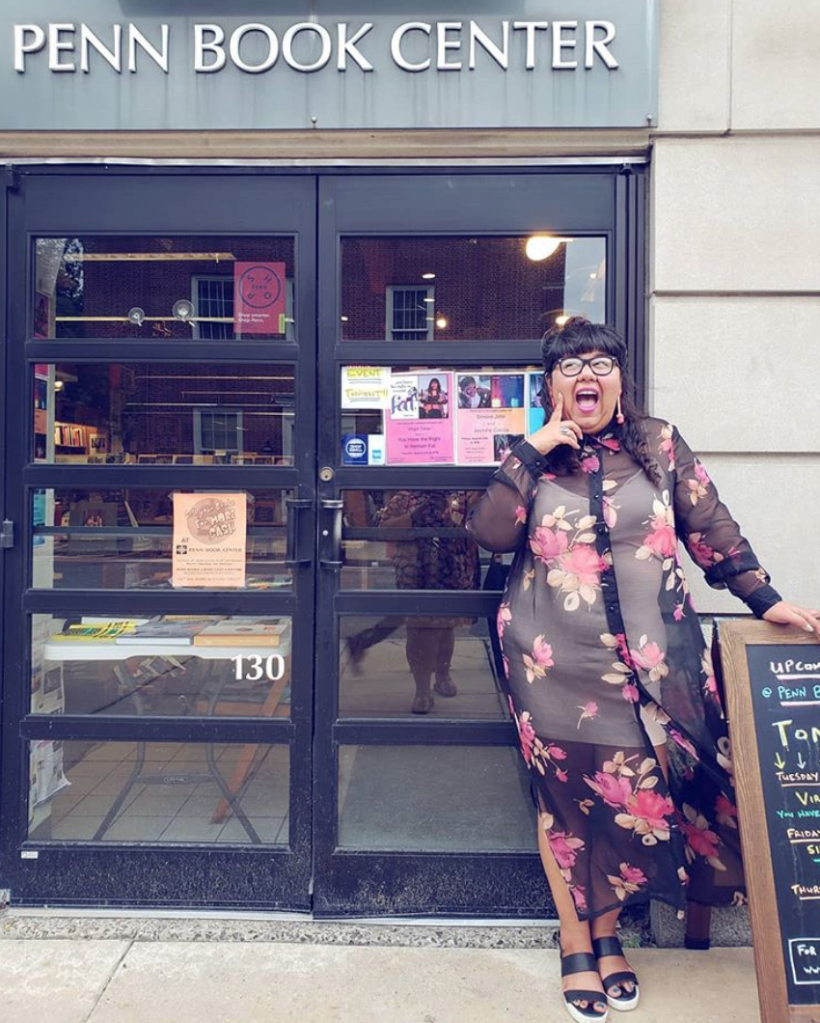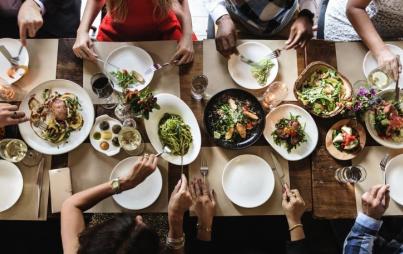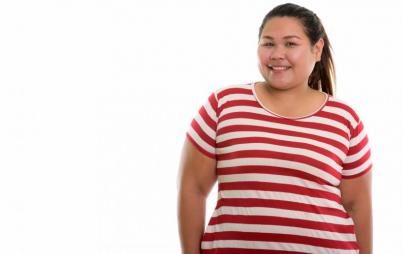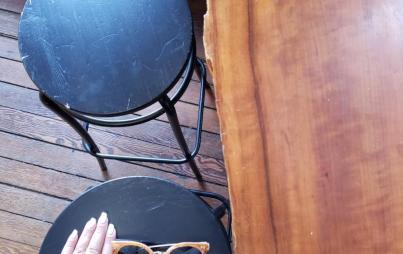
image credit: Virgie Tovar via Instagram
I’m a codependent.
My friend Vicente helped me out a few weeks ago by succinctly sharing that “a codependent is someone who is overly concerned with the reaction of others.” As I thought more about his words, I realized how codependency might affect diet recovery. I mean, isn’t having a smaller body in many ways about fulfilling the social, romantic, professional, and familial expectations of others?
As I’ve mentioned in other articles, I grew up in a dysfunctional and abusive home (dysfunction often creates an environment conducive to abuse; I formerly believed my childhood was only dysfunctional and now I realize there was also abuse). There was a considerable amount of emotional volatility. The mood could shift from jovial to terrifying and back again in a matter of seconds.
I also grew up experiencing a brutal fatphobic education at the hands of boys I went to school with. In order to go to school I simply had to accept that an attack could happen at any time, any number of times and that no one was going to support me because they were indifferent, or either consciously or subconsciously believed that this was my fault.
An internal sense of safety was not a part of my childhood.
Much of my behavior, mood and well-being felt highly reliant upon others. In this scenario, codependency is a natural conclusion: I was entirely preoccupied with the reactions of others because I had to be.
There was not room for me to develop fundamental skills required for emotional independence.
There was not room for me to nurture my internal world or worry about what I needed to feel happy and safe.
You Might Also Like: Codependency Isn't A Disorder, It's A Relationship Dynamic
Even today I am highly attuned to others’ behavior, energy shifts in the room, other people’s facial expressions and tone, and body language.
In some ways this has served me well. I’m always the first person to sniff out someone with bad intentions. I can tell from someone’s face if they are being genuine or not. I’ve learned to trust my highly honed intuition and that helps me make good business decisions.
In other ways it creates unique challenges. It’s hard not lose myself in a romantic relationship. I sometimes have to avoid certain places and people because feeling their energy becomes too overwhelming. And I think it has made parts of my diet recovery harder. I think I delayed starting recovery because I was so highly aware of what society expected from me — to lose weight by any means necessary at any cost to myself. I think as a codependent I felt fear that I was in danger if I didn’t bend to meet those expectations. Later in my recovery I needed time to internally reflect and grieve, but I ignored that desire. I felt the impulse to showcase that I was “killing it” at the self-love game because, again, I wanted the validation of others.
The wound of codependency leaves a haunting question in its wake: Do I actually matter?
Diet culture’s answer to fat people is: no. No, your well-being, your humanity, your pain, your happiness, your joy, your access to food, your right to pleasure and to thrive at any size don’t matter. And as much as it hurts, that’s the answer the codependent is waiting to hear. It’s not what we need or even what we want, but it feels familiar.
The point of talking about this isn’t to add yet another challenge to the already daunting task of healing from diet culture, but rather to offer insight to people who might be feeling similarly. It’s invaluable to talk honestly about the unique challenges that each of us faces and what’s happening within ourselves. If we know what’s going on we are better equipped to be self-reflective, make a plan of action, have realistic expectations when it comes to healing milestones, and take the time we need to lick our wounds. Further, it’s useful to know if your diet recovery is feeling stalled that perhaps there’s an older wound that needs tending. I often remind people that healing is not an extraction process. It’s deeply personal, revolutionary work that revitalizes us with the gift of self-investment.
At a moment of cultural visibility for fat people (who were already highly visible!), how can we take the time to do what WE need? And for codependents who are also navigating the diet recovery journey, I want to assure you that we have as many tools as we have setbacks. It might be time to look inward at the skills you’ve amassed and put them in service to yourself first.








